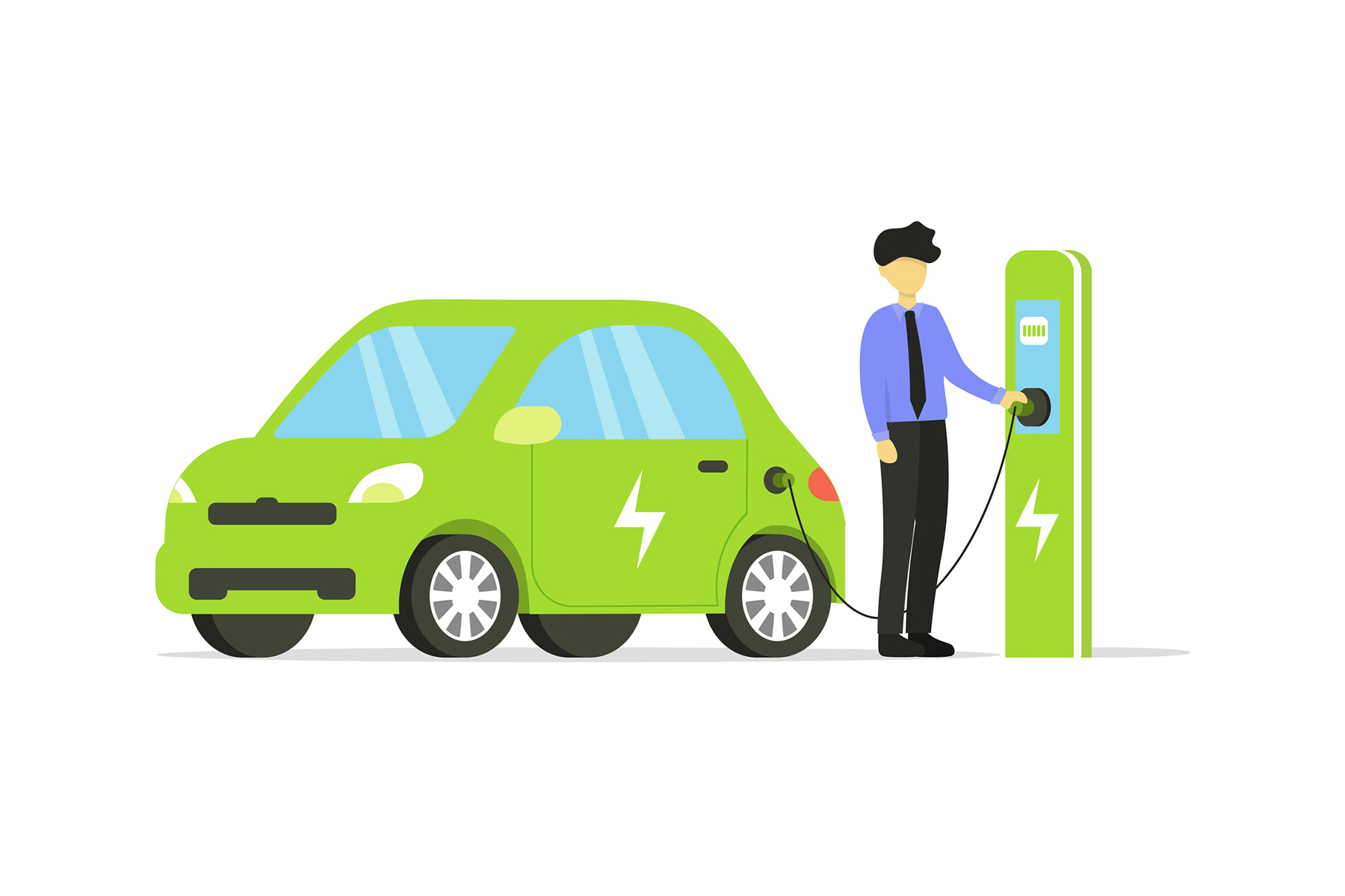Whether you already own an electric vehicle (EV) or are looking to purchase one in the near future, the biggest topic of concern for most drivers comes down to the charging itself.
Despite the benefits of owning an environmentally friendly vehicle or the cost effectiveness of cutting out the need for gas, if an EV takes too long to charge, or if it can’t get a reliable charge, investing in an EV isn’t worth it. However, this concern can be mitigated by purchasing an aftermarket Level 2 charger to use in place of the standard-issue Level 1 charger that typically comes with the vehicle.
What is a Level 2 car charger and why does it present better value than its Level 1 counterpart?
Types of EV Charging Connectors: What is Level 2 Charging?
Vehicle owners are supplied with Level 1 chargers from automobile manufacturers at the time of purchase for use at home. However, upgrading to a Level 2 charger is often a good investment.
A Level 2 EV charging system delivers an electrical current from an outlet or hardwired unit to the vehicle via the connector, similar to a standard-issue charger. However, Level 2 car chargers need a 208-240 Volt, 40 Amp circuit.
A Level 1, which is a cord or charging system that typically comes with the vehicle when purchased, will deliver just 1.4 kW to the vehicle while a Level 2 ranges from 6.2 to 7.6 kW.
What Are the Biggest Differences Between Level 1 and 2 Charging?
Because a Level 2 will deliver 6.2 to 7.6 kW versus the 1.4 kW you get with a Level 1, the biggest difference is in how fast and reliable the Level 2 charger is in comparison.
How fast is a Level 2 charger compared to its counterpart?
While a Level 1 charger will typically get 4 miles of driving range per hour of charge, a Level 2 charger will get an average of 32 miles of driving range per hour of charge. This means that you’re charging faster with a Level 2 charger: Typical charging time for a Level 2 EV charger is around 3-8 hours to full while the average Level 1 EV charger will take 11-20 hours to fully charge.
When Might One Choose a Type of EV Charging Connector Over the Other?
A Level 2 charger needs a 240v outlet, which many new homes or new multi-unit homes and building standards require. If you do not have a 240v outlet, a certified electrician can easily install one and the cost can sometimes be offset through local, federal, state or utility companies which offer rebates and financial incentives for the charger, installation or electrical usage.
Additionally, Level 2 charging stations such as EvoCharge iEVSE units allow you to work with your local utilities provider to better control charging, lessening your overall cost and making you eligible for further rebates through your municipality so you get faster charging times at a lower cost.
